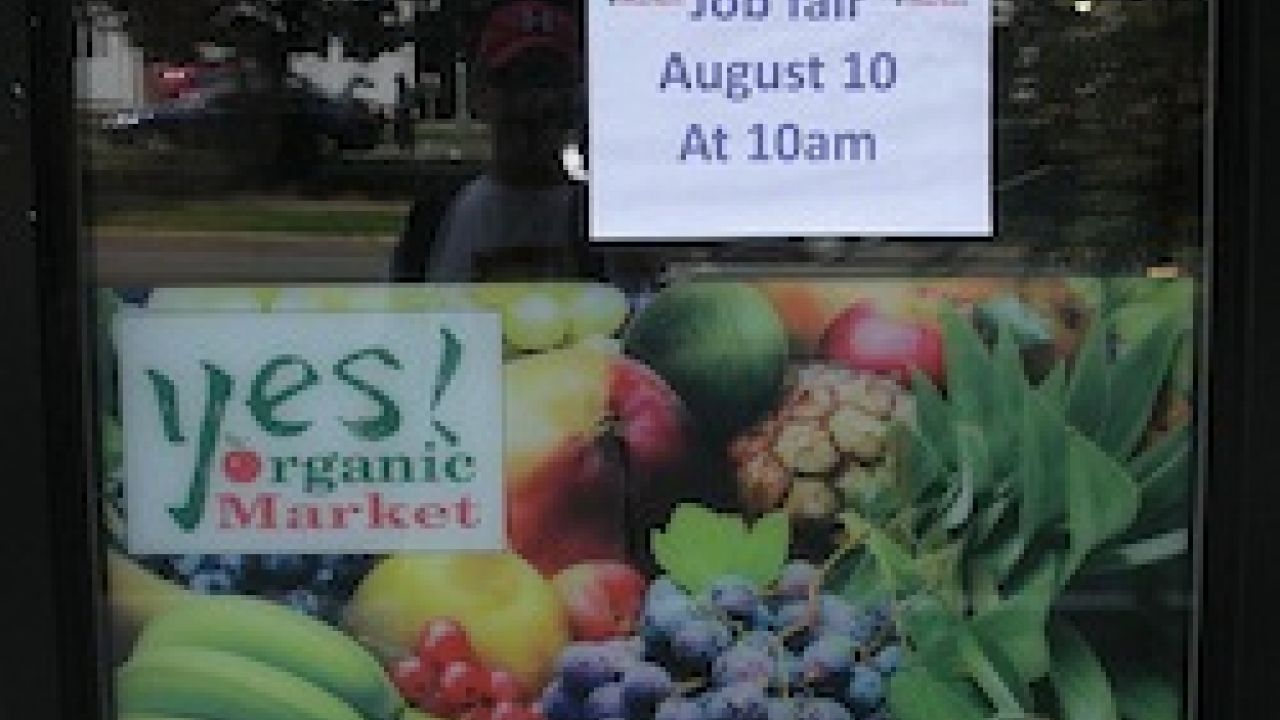
First, the heavily subsidized commodity crop growers complained when the Department of Agriculture dared to send out encouraging messages about local and organic farming. Next, a coalition of Big Ag groups, including USA Rice and the Texas and Minnesota Corn Growers Associations, fired another salvo at organics, this time in an online broadside this week (March 1) that missed the mark by enough to become a self-inflicted wound. In their words:
The National Center for Food and Policy calculated in 2003 that in order to continue to produce current crop yields without herbicides — which are a no-no in an organic, locally grown world — an additional 70 million farmhands would be needed. In other words, one in four Americans would be pulling weeds on farms for a month out of the year.And those farms we currently have would need to get much smaller and less efficient, so there would need to be a lot more farmers and a lot more people to work in the fields for minimum wage picking vegetables (probably not the career America's army of unemployed white-collar workers had in mind).
Let's see, where to start? First, there are many large scale organic farms that are models of efficiency. But secondly, are we to believe that farm jobs aren't good jobs? There are thousands of unemployed Americans who would do field work on an organic farm if it meant putting food on the table. Does heavily subsidized Big Ag really want to float the idea around Congress that organics equal jobs -- in an election year, when two of the main messages will be deficit reduction and job creation?
Are they talking sense despite themselves? Probably not: According to Big Ag, a real farm job is one done from the cab of a John Deere DB 120.



